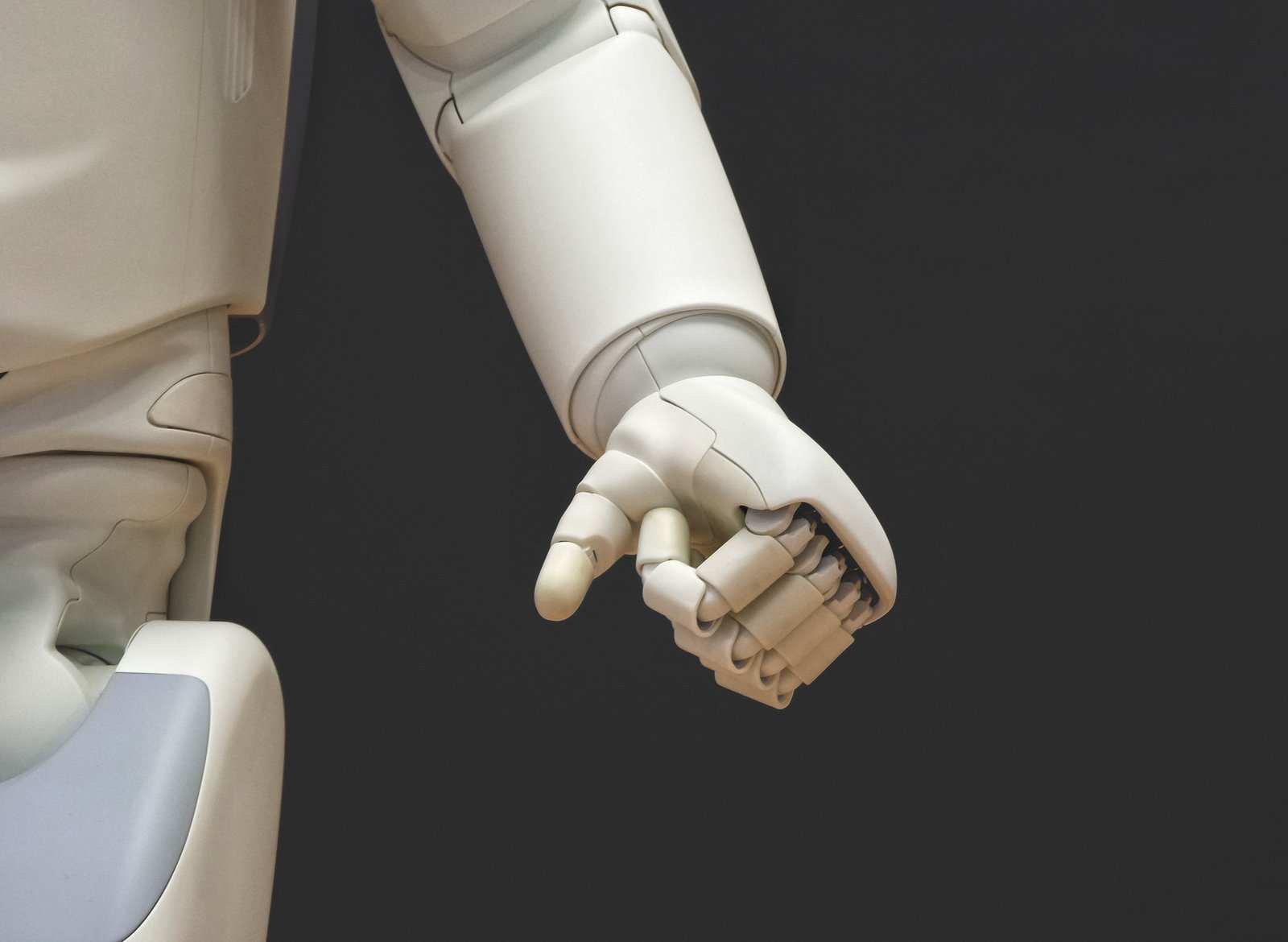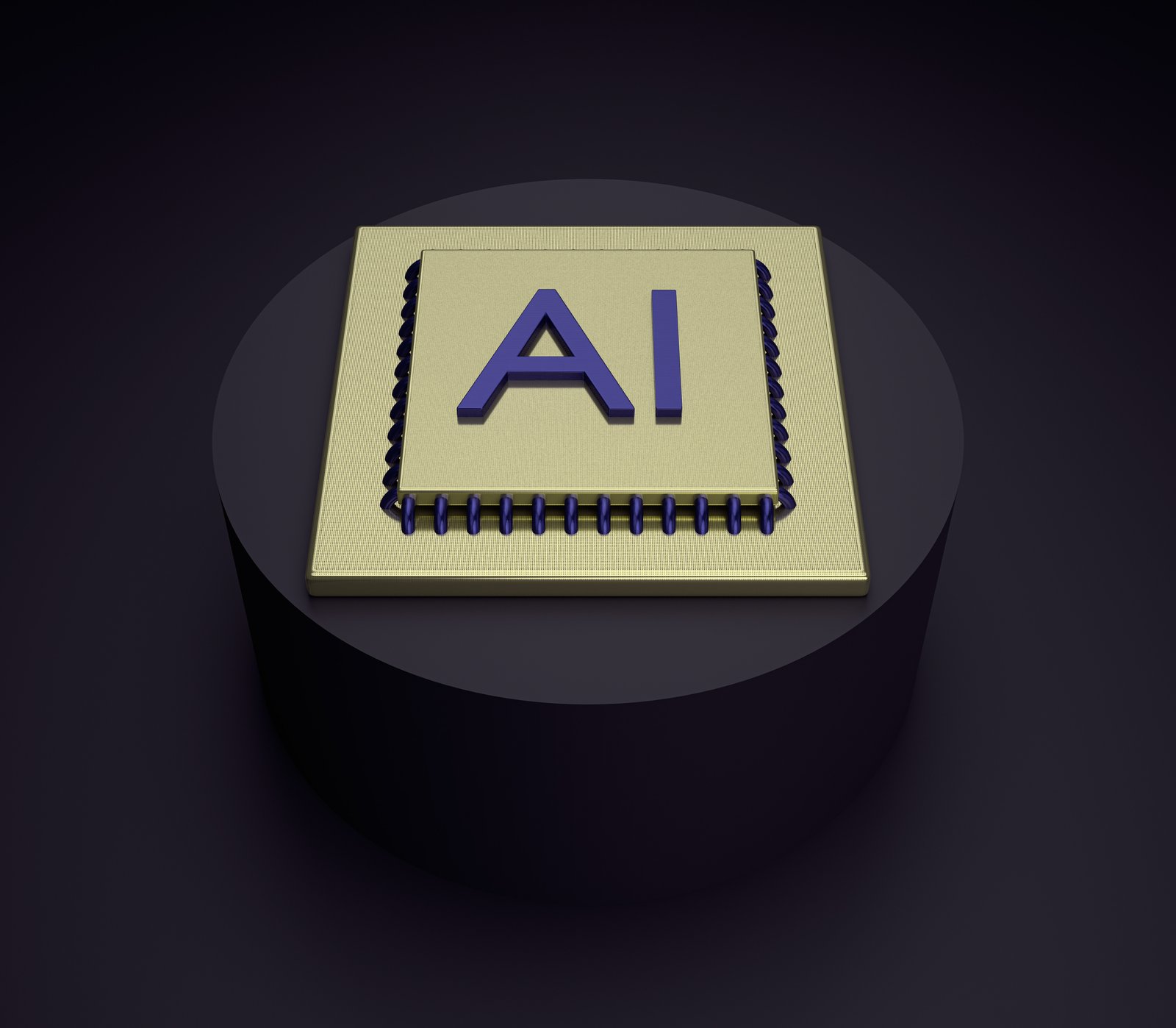
AI for Sustainability: How Artificial Intelligence Can Drive Eco-Friendly Practices in Businesses
Introduction
As the world grapples with the challenges of climate change and environmental degradation, businesses are increasingly looking for innovative ways to adopt sustainable practices. One such solution that has gained traction in recent years is the use of artificial intelligence (AI) to drive eco-friendly initiatives.
The Power of AI
AI is revolutionizing the way businesses operate by providing advanced data analytics and automation capabilities. This technology has the potential to significantly reduce the environmental impact of businesses across various industries.
1. Energy Efficiency
AI can help businesses optimize their energy consumption by analyzing data from sensors and smart devices. By identifying patterns and anomalies, AI algorithms can suggest energy-saving measures, such as adjusting lighting and HVAC systems based on occupancy and weather conditions. This not only reduces carbon emissions but also lowers energy costs for businesses.
2. Waste Management
AI can play a crucial role in improving waste management practices. By analyzing data on waste generation, AI algorithms can identify areas where waste reduction and recycling efforts can be implemented. Additionally, AI-powered robots can be used to automate waste sorting processes, increasing efficiency and reducing the need for manual labor.
3. Supply Chain Optimization
AI can optimize supply chain operations, leading to reduced transportation and logistics-related emissions. By analyzing data on inventory levels, customer demand, and external factors like weather and traffic conditions, AI algorithms can optimize routing and scheduling, minimizing fuel consumption and carbon emissions.
Challenges and Considerations
While AI holds great promise for driving eco-friendly practices in businesses, there are several challenges and considerations that need to be addressed:
- Data Privacy: AI relies on vast amounts of data, raising concerns about privacy and security. Businesses must ensure that data collection and usage comply with relevant regulations and prioritize data protection.
- Ethical AI: AI algorithms should be designed and trained to prioritize sustainability and avoid biases that may perpetuate unsustainable practices.
- Accessibility: Small and medium-sized businesses may face barriers to adopting AI due to cost and technical expertise. Governments and organizations should support initiatives that promote accessibility and affordability of AI technologies.
The Future of AI for Sustainability
As AI continues to evolve, its potential for driving eco-friendly practices in businesses will only grow. The integration of AI with renewable energy sources, smart grids, and IoT devices holds immense promise for creating a sustainable future.
Conclusion
Artificial intelligence has the power to revolutionize businesses and drive eco-friendly practices. By leveraging AI technologies, businesses can optimize energy consumption, improve waste management, and optimize supply chain operations. However, it is crucial to address challenges such as data privacy and ethical considerations to ensure that AI is used responsibly and sustainably.



